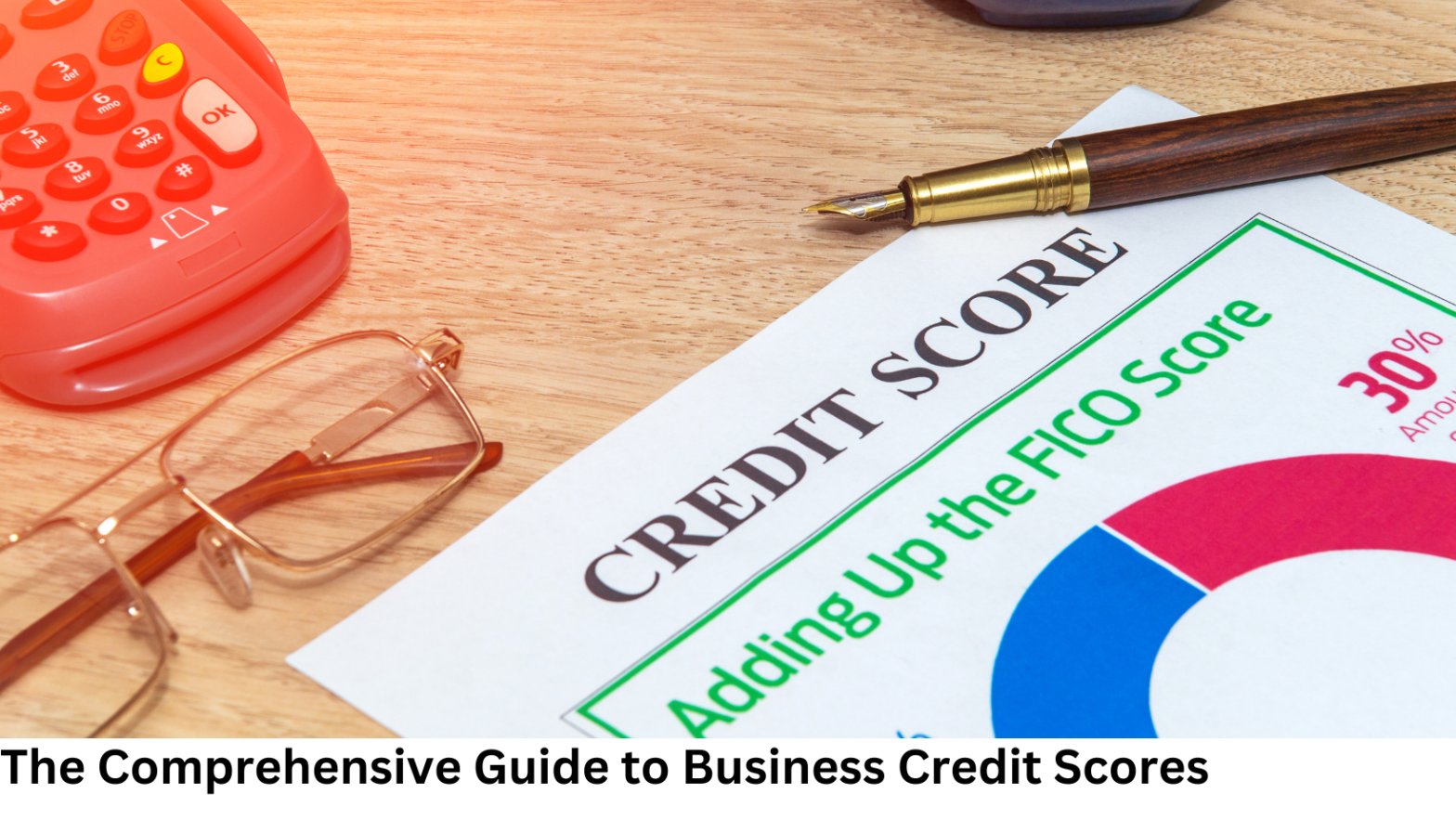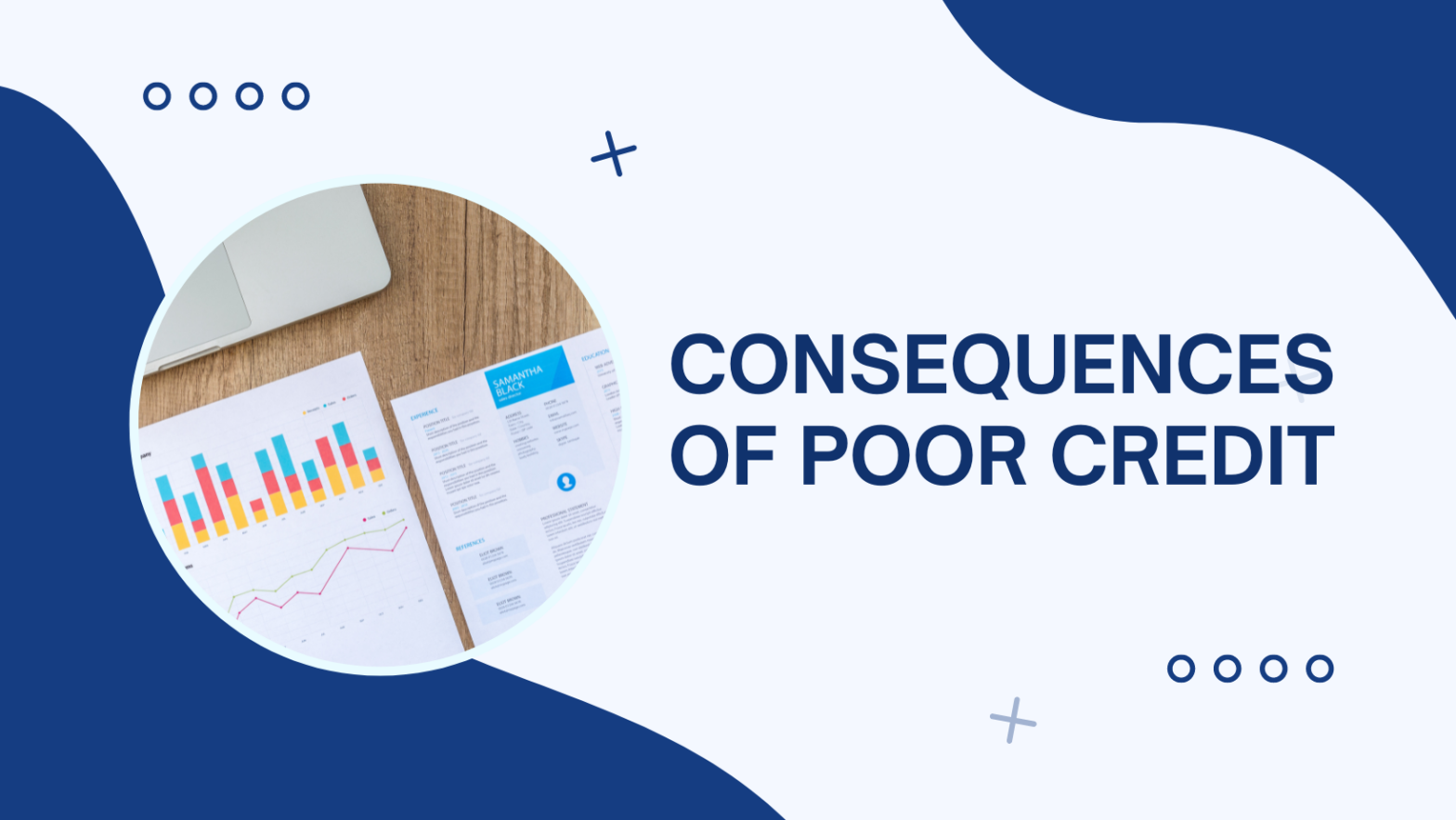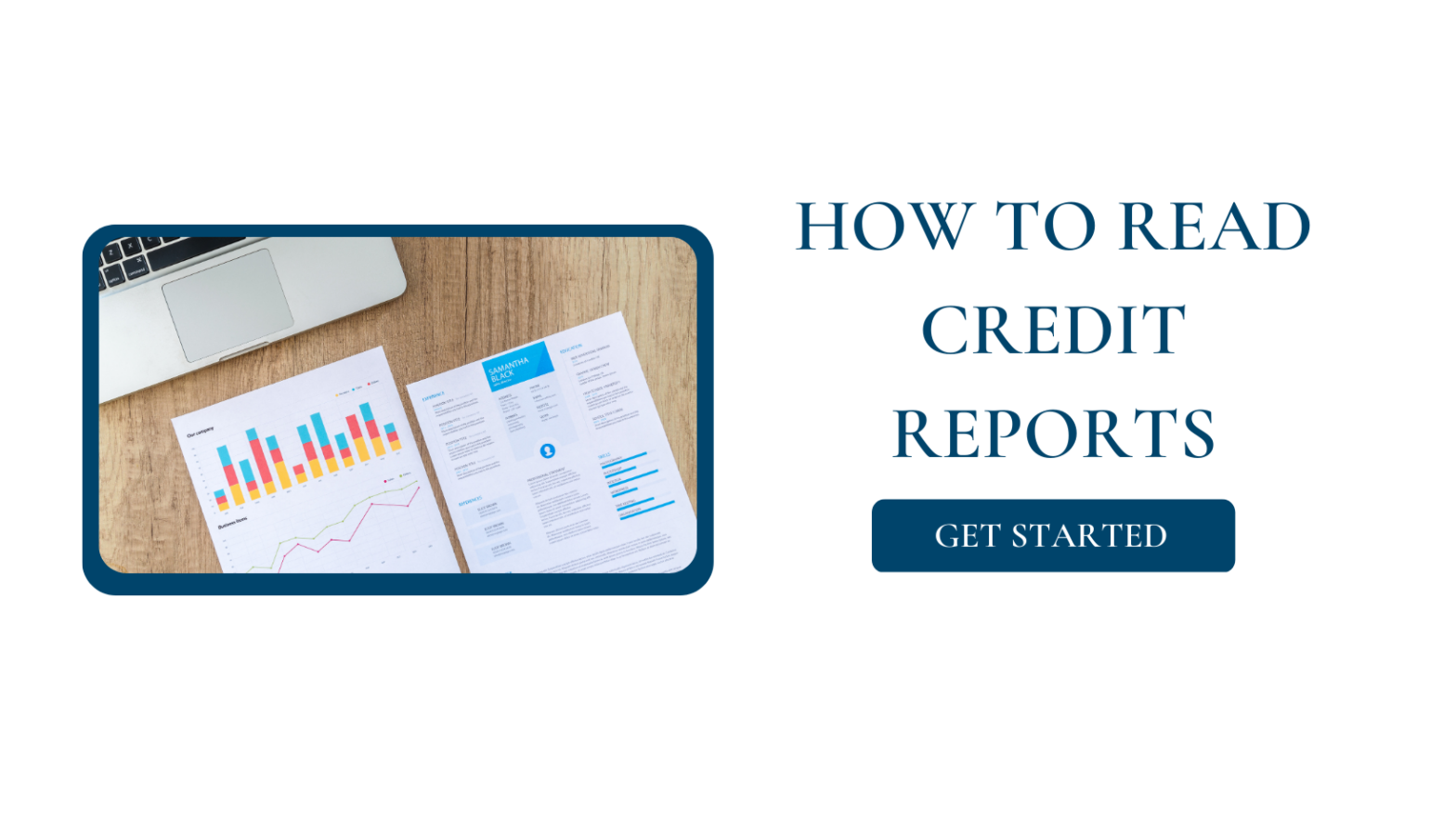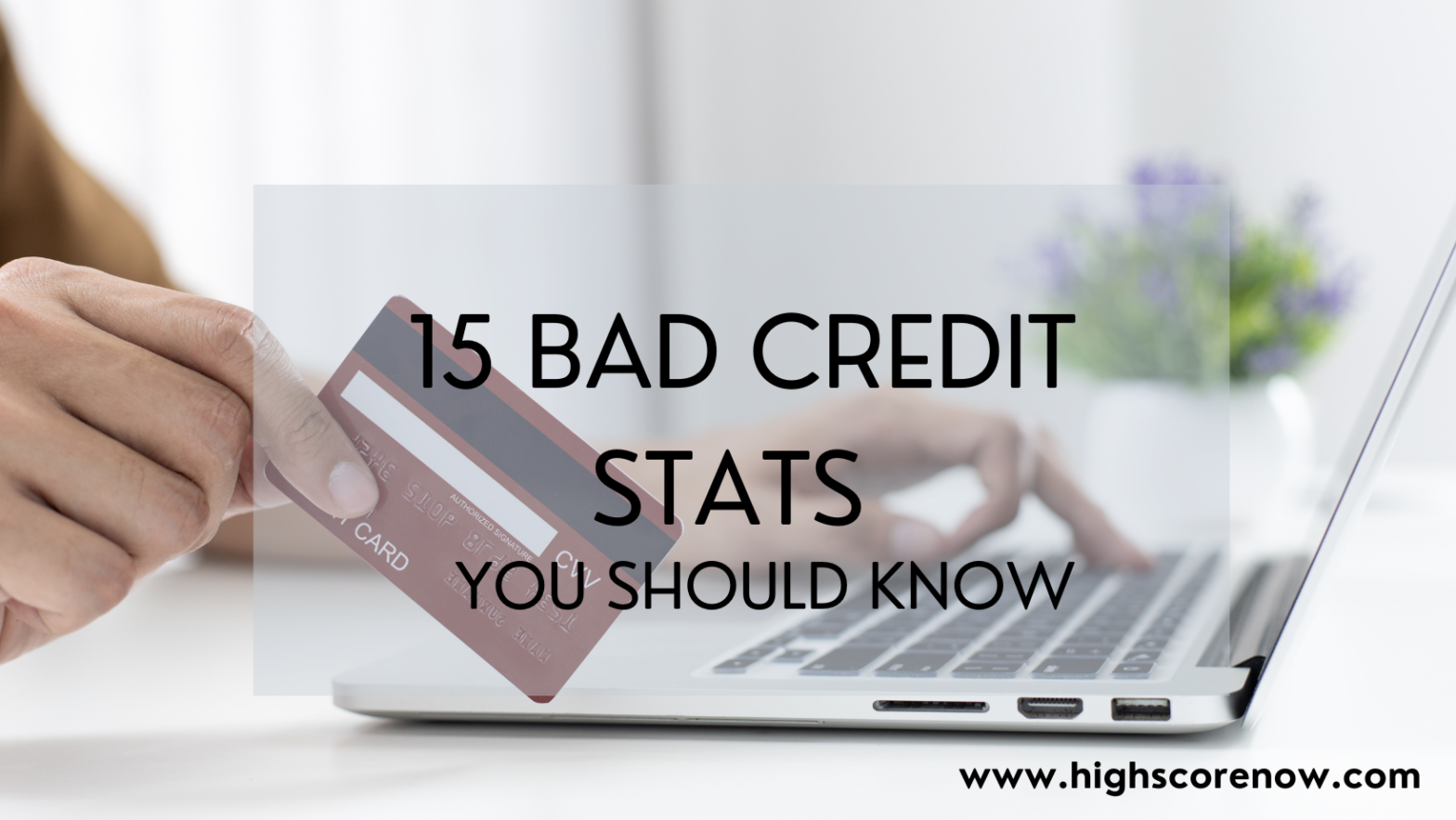It is essential to have a good personal credit score in order to receive the best rates on credit cards, home mortgages, and car loans. However, do you know that your business credit score is equally critical for the success of your business?
Are you curious about what constitutes a good business credit score or how to establish business credit? This guide provides a comprehensive look at constructing a good business credit score.
What Is a Good Business Credit Score?
Achieving a solid business credit score is an important factor for overall business success. The advantages of having a good credit score include access to affordable financing, the capacity to expand your business, and favorable trade credit terms.
Keeping a high credit score is seen as a low risk for lenders, whereas a low one is seen as a risk. Because of this, it is essential to not only take care of your business credit score, but also to be knowledgeable about what makes a good score.
The following systems are used for business credit scores, and we’ve included the corresponding credit score levels that are regarded as favorable:
- Dun & Bradstreet PAYDEX: When lenders look at your business credit score, they typically want to see a rating of 80+ on a 0 to 100 scale.
- Intelliscore Plus from Experian: Financial institutions usually want to see a business credit score of 76+ on a 0 to 100 scale.
- Equifax Business Credit Report: For a successful credit application, lenders usually prefer a business credit rating of 570+ on a 101 to 992 scale.
- FICO ‘s Small Business Score: Creditors typically look for a business credit score of 140+ on a 0 to 300 scale.
It’s noteworthy that the FICO Small Business Scoring Service (SBSS) uses the personal credit score of the small business owner in creating a hybrid score. Because of the close relationship between the business and the owner, this score has become a crucial element when deciding on the creditworthiness of small businesses.
Why Does Your Business Credit Report Matter?
Having a good personal credit score is important to many people. However, knowing why you should have a strong business credit score is not always as clear. If you are just beginning your small businesses, you may still be using your personal credit score to get loans for your company.
Here are some reasons why establishing a good business credit score is important:
- Account distinction: By creating a business credit record, you can create a clear division between your personal and professional finances. This will help you to accurately record your expenses for tax requirements.
- Heightened borrowing potential: Having a robust business credit score may allow you to access larger amounts of credit. This could be useful for things like business expansion or renovation.
- Simplified financing: Having an excellent credit profile may help you to acquire small business loans or other lines of credit with advantageous interest rates.
- Lower insurance premiums: As you probably know, insuring your small business can be expensive. Having a great business credit score is a way to maintain lower rates.
It is important to keep in mind that both providers of goods and financial institutions will review your business credit to:
- Determine whether to work with your business as a partner.
- Weigh the option of granting you a loan.
- Calculate insurance premiums and interest rates.
- Establish payment terms.
- Decide if your account is to be given to a third-party collection agency if you fail to pay on time.
Having an understanding of how business credit works can be incredibly advantageous for the success of your small business. Taking the effort to learn about business credit will pay off in the long run.
How Can You Set Up a Business Credit Score?
By now, it is clear that having a positive business credit score is important, so you may be asking yourself how to build a high business credit score. It is similar to the process of starting a business. Consider taking the following steps:
- Structuring your business: A sole proprietorship can be tricky when trying to differentiate between personal and business finances, and to generate a separate business credit rating. Therefore, it may be a wise decision to consider setting up an LLC or corporation.
- Registering for an Employer Identification Number (EIN): This nine-digit number, which is similar to a Social Security number for businesses, is issued by the Internal Revenue Service(IRS). An EIN is necessary to acquire a business license, open a business bank account or credit card, and for other business-related activities.
- Distinguishing between business and personal finances: Having different banking accounts and credit cards for business and personal use can demonstrate that you are a legitimate business and make accounting and taxes easier.
- Gaining business credit: Having credit available can be beneficial for business expansion and if a cash flow crunch arises. Additionally, keeping your credit utilization rate at or below 30% of each available line of credit can be beneficial.
- Securing a business loan: Business loans and lines of credit are essential for covering necessary expenses such as marketing, and they can be used to handle unexpected costs without having to resort to a high-interest credit card. Furthermore, these loans can help improve your business credit score.
How Can You Improve Your Business Credit Score?
Achieving a high business credit score requires the same two steps as that of a personal credit score: establishing credit and building on prior successes. Here are a few suggestions on how to do so:
- Make your payments on time: All agencies focus heavily on the payment track record you have with lenders, creditors, and suppliers. Ensuring that payments are made and received on time is essential for any business to maintain a good credit ranking.
- Work with partners who inform the business credit bureaus: Even if payments are being made in full and on time, if the details are not reported to the bureaus, they will not be reflected in the score. Make sure the vendors you use report to the bureaus. If not, consider working with those who do.
- Decrease outstanding balances: Credit use is another major element that affects your business credit score, so it is important to lower any substantial balances. Start with accounts with the highest interest rate and then work your way down, paying off creditors according to the interest rate.
- Keep accounts open: Closing too many accounts restricts the amount of credit you have accessible and can also affect your score. It might be beneficial to keep a credit card open even if it is not used much, and possibly even one recurring bill.
- Speak to your creditors: Controlling the financial resources of a small business can be tricky. If a customer does not make payments in a timely fashion, this might then cause you to be unable to pay the creditors you owe. If there are difficulties with accounts payable, let creditors know what is happening with the business and make an effort to pay bills. It is best to not take advantage of this option too often as it can damage the business’s reputation.
- Monitor your business score regularly: Contrary to personal credit scores, there are no “free” ways to check a business credit score. However, it is worth contacting the bureaus and requesting a report occasionally to make sure there is no inaccurate information and to determine which accounts are affecting the score adversely. Checking a business credit score can cost different amounts based on the level of information you are checking, so it is best to examine each reporting agency separately.
It is important to be aware of the components of a great business credit score in order to succeed as a small business. This will enable you to construct a high business credit score that will give you a solid base upon which to advance your business in the years to come.
Thank you for reading our article. We hope you learned new ways to battle creditors and banks while protecting yourself.
We would encourage you to become a member of HigherScoreNow.com and start to leverage all the benefits of having good credit. You deserve this.







